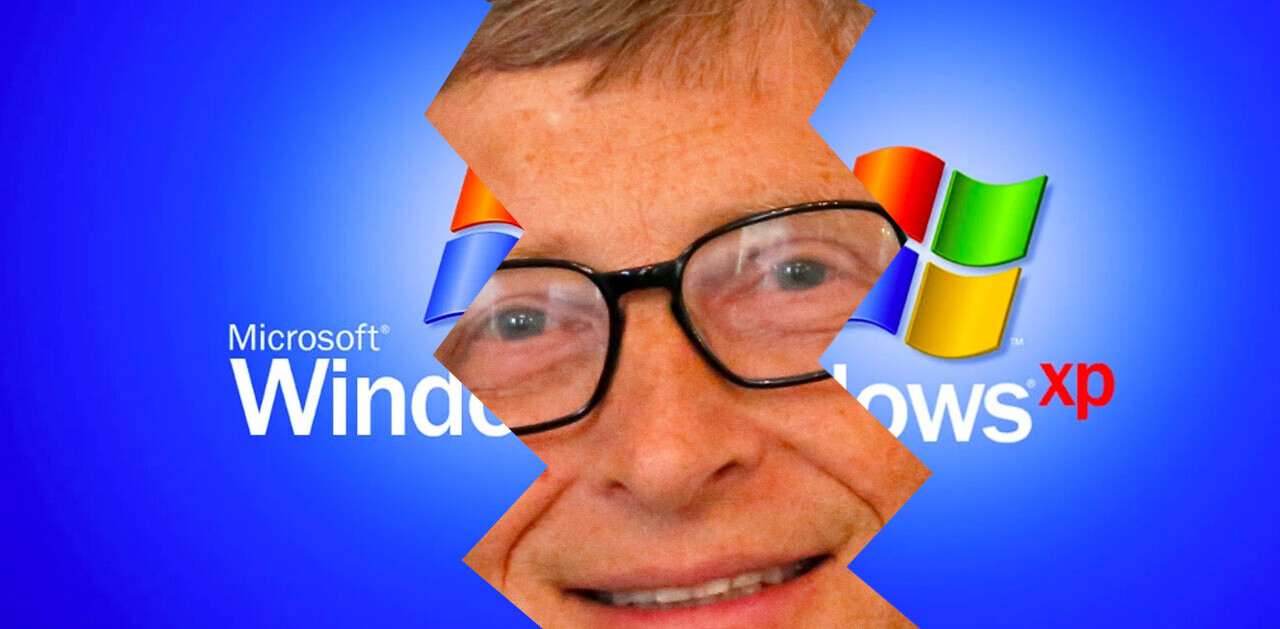
Today, Microsoft announced, formally, its plan for desktop app support on ARM-based Windows 8 machines. You aren’t going to like it. According to reporting on AllThingsD, only four desktop apps will run on Windows 8 machines that employ an ARM chip: Word, PowerPoint, Excel and OneNote.
All other desktop applications will not be allowed. The four blessed applications have been honed to conserve battery life. Mobile Windows 8 machines that run on silicon from Intel and AMD will obviously run all apps. ARM machines will be essentially built to run Metro Style Apps, the new form of application is pushing with the operating system.
Also announced today: Internet Explorer on ARM machines will not have Flash support. Hardware running the ARM edition of Windows 8 will come at around the same time as other Windows 8 machines.
Microsoft’s admission today is long coming, and quite late. In recent weeks, TNW has called upon Microsoft to make its ARM plans known. Repeatedly. In his exclusive interview with AllThingsD, Microsoft’s Sinofksy notes that “there have been a lot of questions,” and that he wants to do his “best to answer them.” Microsoft is working with chip companies Texas Instruments, Nvidia, and Qualcomm to create test machines using ARM technology.
The ARM version of Windows 8 will contain Office, it seems, which is a very interesting bundling decision.
Microsoft’s post on this is gigantic, and critical. We’re going to paste their bulleted synthesis for your enjoyment:
- Windows on ARM, or WOA, is a new member of the Windows family that builds on the foundation of Windows, has a very high degree of commonality and very significant shared code with Windows 8, and will be developed for, sold, and supported as a part of the largest computing ecosystem in the world. We created WOA to enable a new class of PC with unique capabilities and form factors, supported by a new set of partners that expand the ecosystem of which Windows is part.
- WOA PCs are still under development and our collective goal is for PC makers to ship them the same time as PCs designed for Windows 8 on x86/64. These PCs will be built on unique and innovative hardware platforms provided by NVIDIA, Qualcomm, and Texas Instruments, with a common Windows on ARM OS foundation—all running the same Windows OS binaries, a unique approach for the industry. PC manufacturers are hard at work on PCs designed from the ground up to be great and exclusively for WOA.
- Metro style apps in the Windows Store can support both WOA and Windows 8 on x86/64.Developers wishing to target WOA do so by writing applications for the WinRT (Windows APIs for building Metro style apps) using the new Visual Studio 11 tools in a variety of languages, including C#/VB/XAML and Jscript/ HTML5. Native code targeting WinRT is also supported using C and C++, which can be targeted across architectures and distributed through the Windows Store. WOA does not support running, emulating, or porting existing x86/64 desktop apps. Code that uses only system or OS services from WinRT can be used within an app and distributed through the Windows Store for both WOA and x86/64. Consumers obtain all software, including device drivers, through the Windows Store and Microsoft Update or Windows Update.
- WOA can support all new Metro style apps, including apps from Microsoft for mail, calendaring, contacts, photos, and storage. WOA also includes industry-leading support for hardware-accelerated HTML5 with Internet Explorer 10. WOA will provide support for other industry-standard media formats, including those with hardware acceleration and offloading computation, and industry-standard document formats. In all cases, Microsoft seeks to lead in end-user choice and control of what apps to use and what formats to support.
- WOA includes desktop versions of the new Microsoft Word, Excel, PowerPoint, and OneNote.These new Office applications, codenamed “Office 15”, have been significantly architected for both touch and minimized power/resource consumption, while also being fully-featured for consumers and providing complete document compatibility. WOA supports the Windows desktop experience including File Explorer, Internet Explorer 10 for the desktop, and most other intrinsic Windows desktop features—which have been significantly architected for both touch and minimized power/resource consumption.
- With WOA you can look forward to integrated, end-to-end products—hardware, firmware and WOA software, all built from the ground up. Building WOA has been an ongoing engineering effort involving Microsoft, ARM licensees, PC makers, and developers of components and peripherals. These efforts spanned a wide array of subsystems that have been newly created or substantially re-architected for WOA. Partners will provide WOA PCs as integrated, end-to-end products that include hardware, firmware, and Windows on ARM software. Windows on ARM software will not be sold or distributed independent of a new WOA PC, just as you would expect from a consumer electronics device that relies on unique and integrated pairings of hardware and software. Over the useful lifetime of the PC, the provided software will be serviced and improved.
- Around the next milestone release of Windows 8 on x86/64, a limited number of test PCs will be made available to developers and hardware partners in a closed, invitation-only program. These devices will be running the same branch of Windows 8 on x86/64 as we release broadly at that time. These are not samples or hints of forthcoming PCs, but tools for hardware and software engineers running WOA-specific hardware.
- The Windows Consumer Preview, the beta of Windows 8 on x86/64, will be available for download by the end of February. This next milestone of Windows 8 will be available in several languages and is open for anyone to download.
There, now we all know what Microsoft is planning. Sound off in the comments.
Get the TNW newsletter
Get the most important tech news in your inbox each week.





